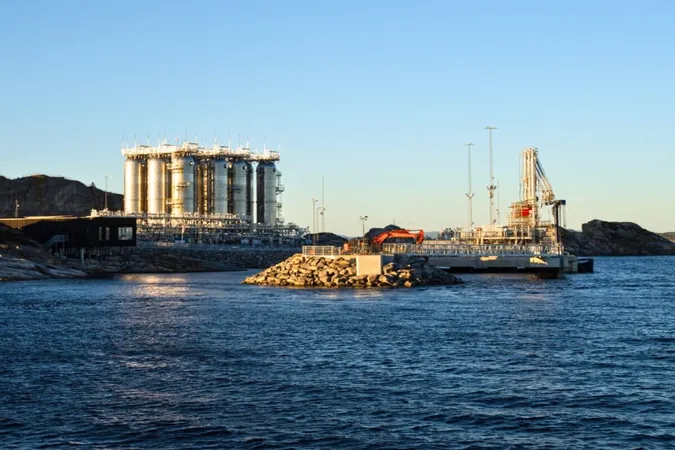
Is the Future of CO2 Storage Overrated? Shocking New Study Reveals Limits
2025-09-22
Author: Emily
A groundbreaking study has raised alarms about the real potential of carbon capture and storage (CCS) in combating climate change. According to new research published in the journal Nature on September 3, the much-touted capabilities of storing carbon dioxide may be vastly overstated.
The analysis reveals that, factoring in risks associated with CCS, the actual reduction in global warming might only reach around 0.7°C (1.3°F) — a far cry from other estimates suggesting potential reductions of 5 to 6°C (9 to 11°F). This disheartening news challenges the optimism surrounding CCS as a key player in our climate strategy.
Understanding the CCS Landscape
Traditional CCS methods involve injecting CO2 into underground rock formations, where it could remain securely stored for thousands of years. While previous studies have indicated the planet has enough underground space for storing between 8,000 and 55,000 gigatons of CO2, this new research suggests a sobering limitation.
The researchers mapped out potential geological storage areas globally and found that, after excluding locations deemed too risky—like those close to water sources or populated regions—the practical capacity shrinks to approximately 1,460 gigatons of CO2.
A Call for Responsible Practices
Lead author Matthew Gidden, a senior researcher at the International Institute for Applied Systems Analysis in Austria, emphasized the need for a prudent approach to using CCS. It should be reserved for high-carbon sectors, like agriculture, where alternative energy solutions are hard to implement.
“There are trade-offs both today and for future generations,” Gidden noted, stressing the importance of treating CCS as a limited resource.
The Reality of Climate Goals
Countries around the world are counting on CCS to meet their climate commitments under the Paris Agreement, which aims to limit global warming to below 2°C (3.6°F). However, the slow progress of CCS technologies raises concerns. As Gidden pointed out, current trajectories could lead global temperatures to soar by 3°C (5.4°F) by the year 2100.
This means the prospects for CCS alone may not suffice to keep us within the 2°C threshold set by the Paris Agreement.
Beyond Storage: The Need for Immediate Action
The authors argue that the key to genuinely reversing climate change lies not just in CCS, but in immediate emissions reduction and exploring other effective solutions. Gidden highlighted the natural ability of forests and ecosystems to absorb CO2, pointing out that they currently capture around 2 gigatons of CO2 each year.
By investing in reforestation and ecosystem conservation, we can significantly expand this capability.
As Gidden put it, “We need to utilize all available tools in our toolbox,” with a focus on protecting and enhancing natural carbon sinks.
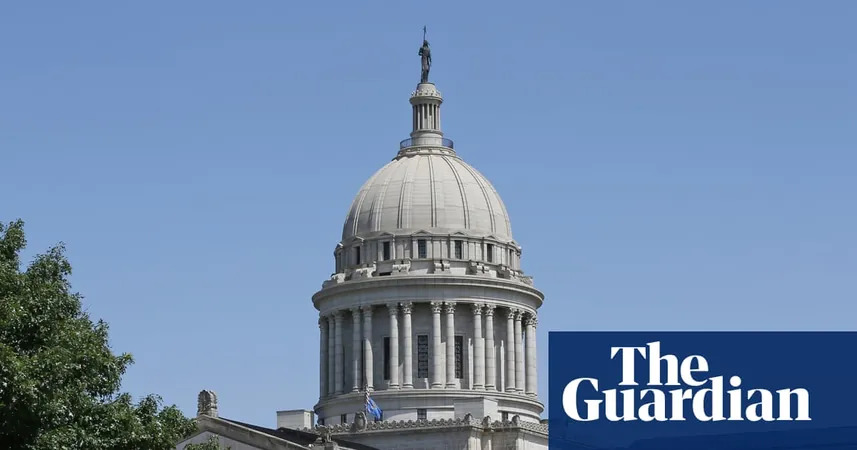


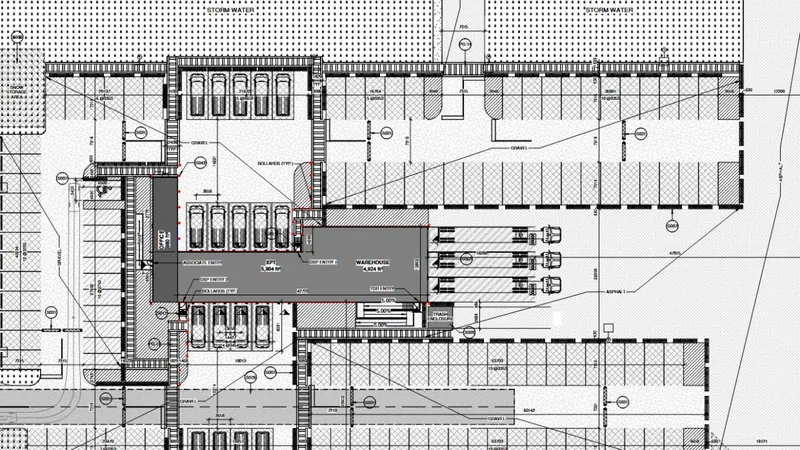
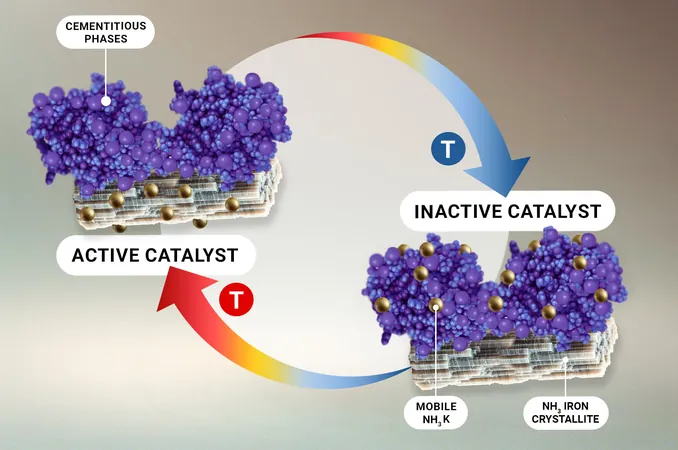
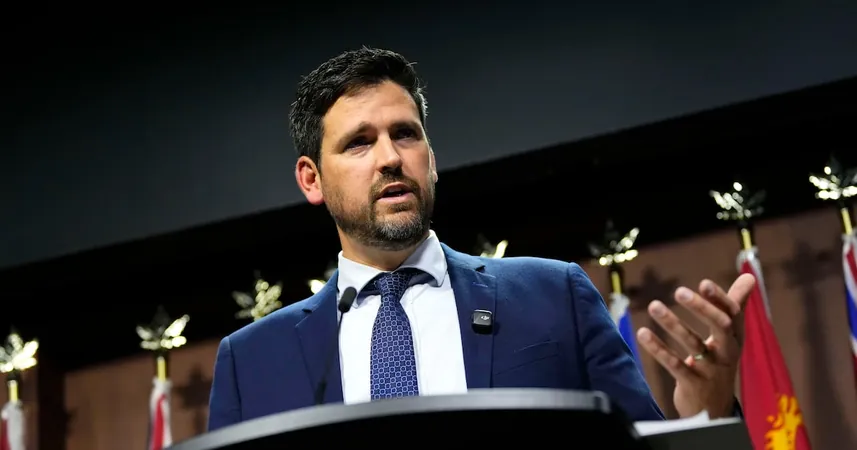

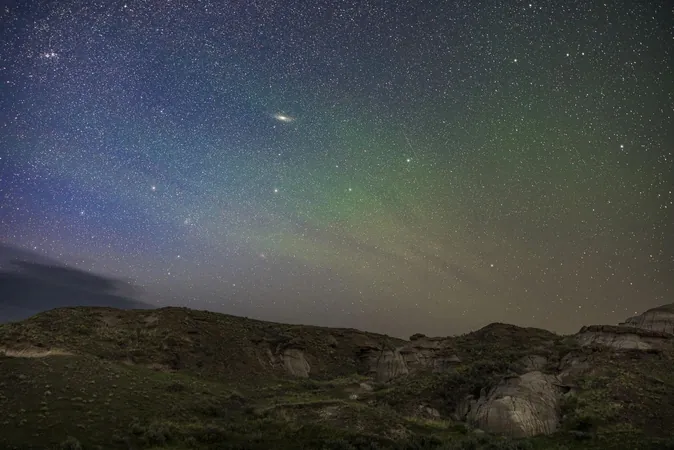

 Brasil (PT)
Brasil (PT)
 Canada (EN)
Canada (EN)
 Chile (ES)
Chile (ES)
 Česko (CS)
Česko (CS)
 대한민국 (KO)
대한민국 (KO)
 España (ES)
España (ES)
 France (FR)
France (FR)
 Hong Kong (EN)
Hong Kong (EN)
 Italia (IT)
Italia (IT)
 日本 (JA)
日本 (JA)
 Magyarország (HU)
Magyarország (HU)
 Norge (NO)
Norge (NO)
 Polska (PL)
Polska (PL)
 Schweiz (DE)
Schweiz (DE)
 Singapore (EN)
Singapore (EN)
 Sverige (SV)
Sverige (SV)
 Suomi (FI)
Suomi (FI)
 Türkiye (TR)
Türkiye (TR)
 الإمارات العربية المتحدة (AR)
الإمارات العربية المتحدة (AR)